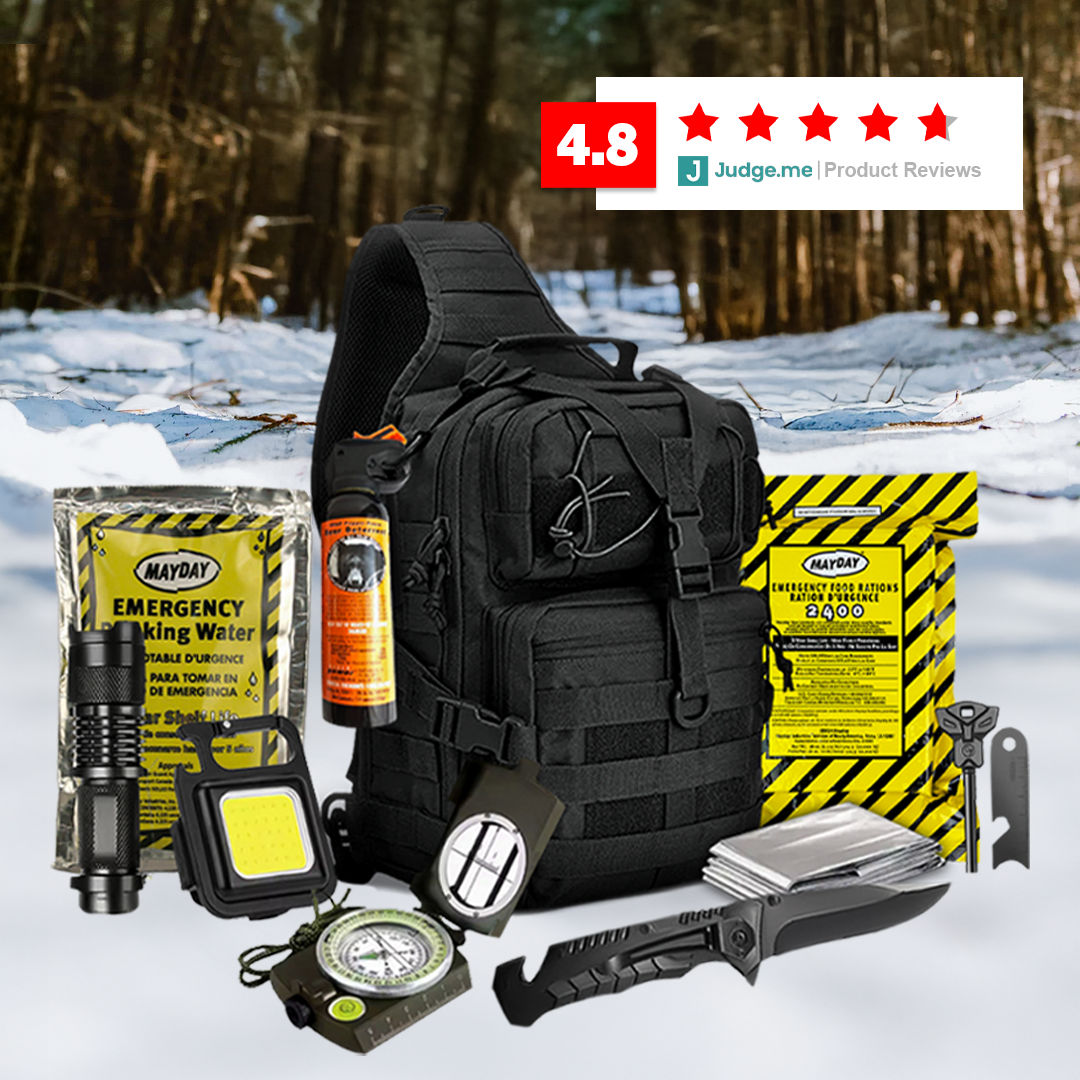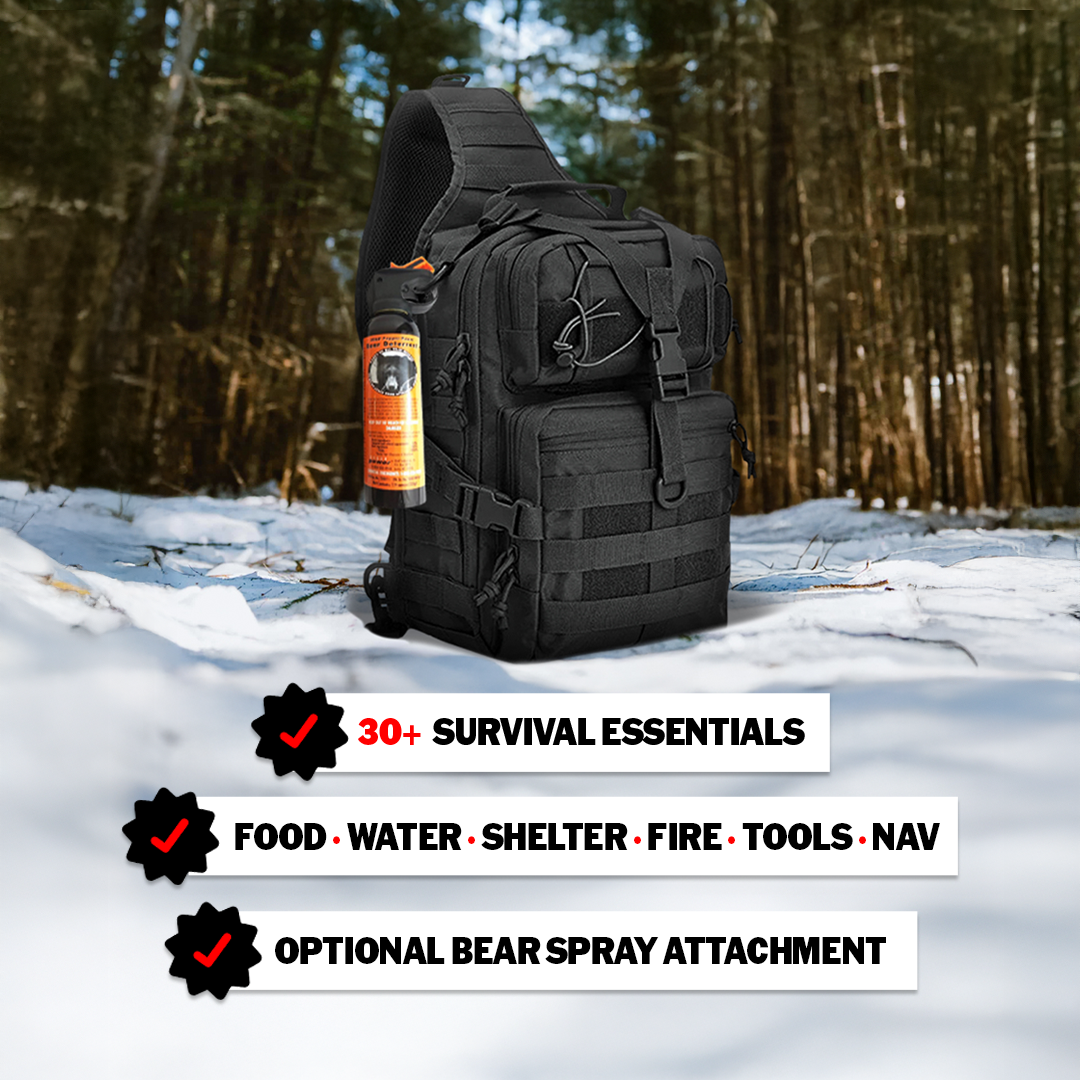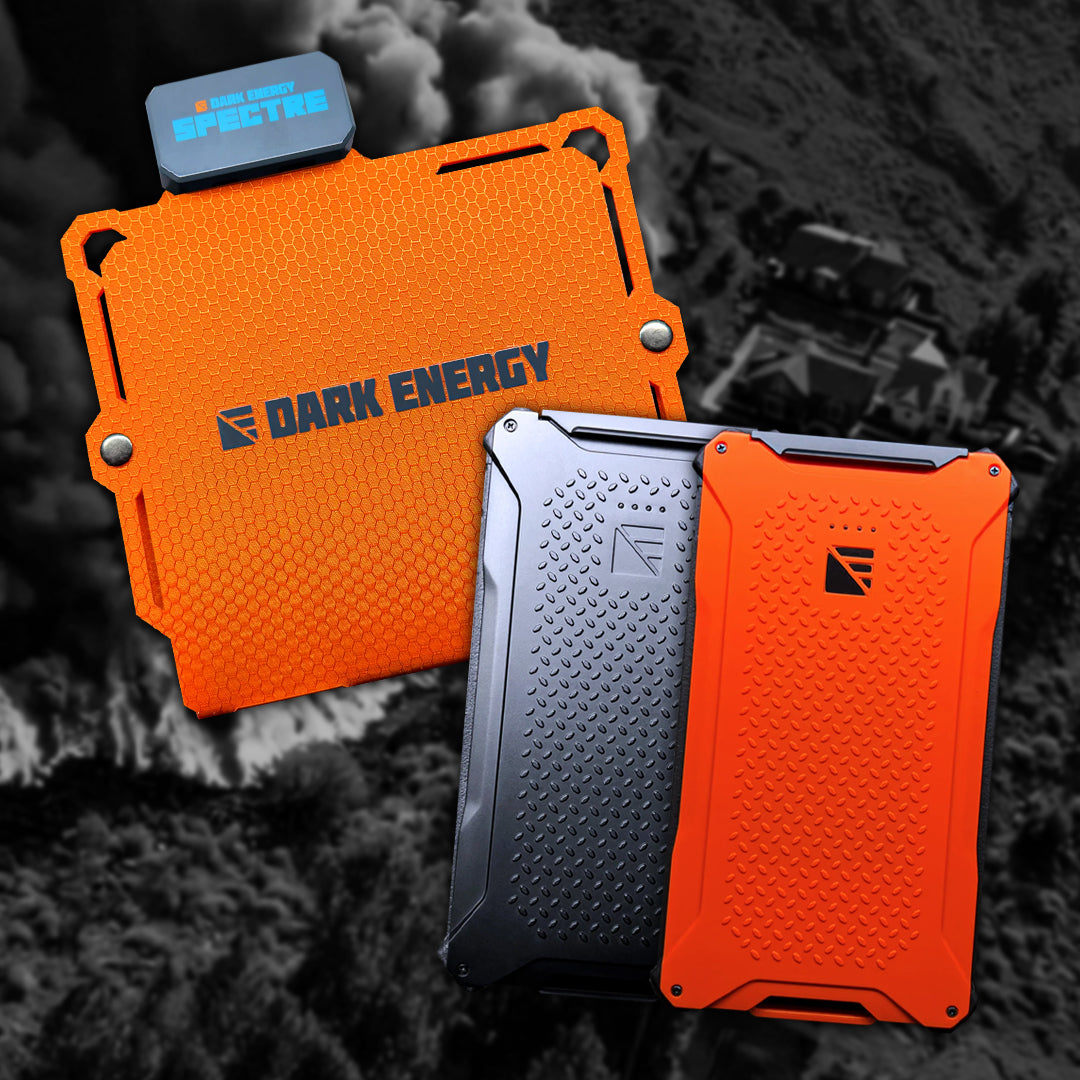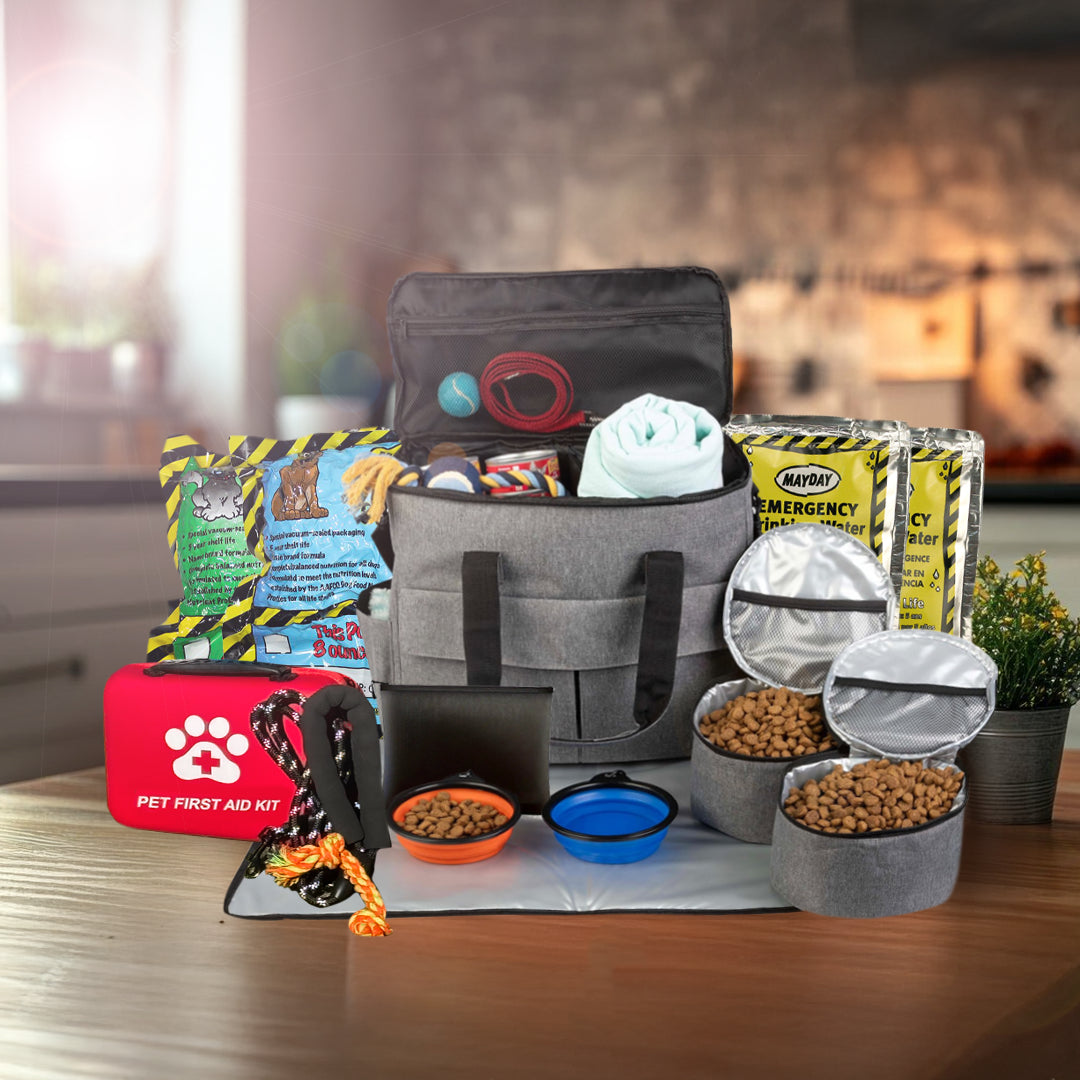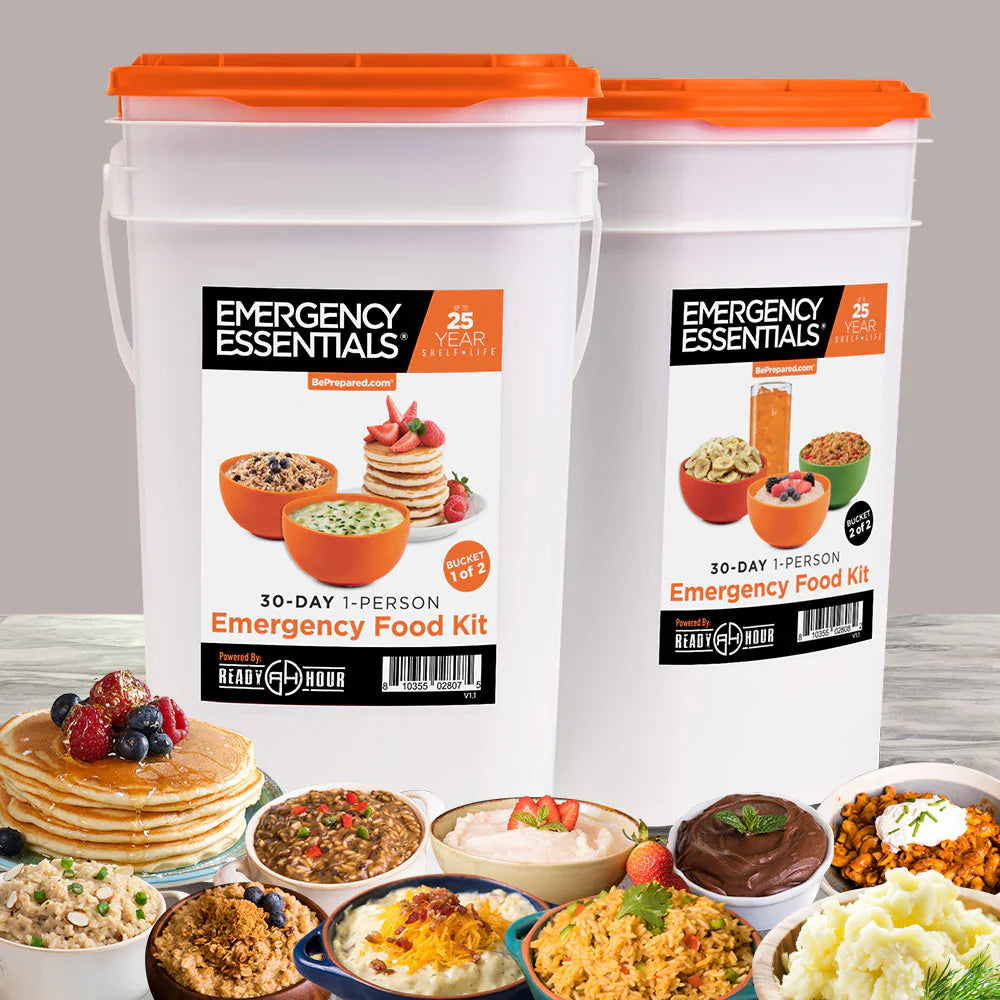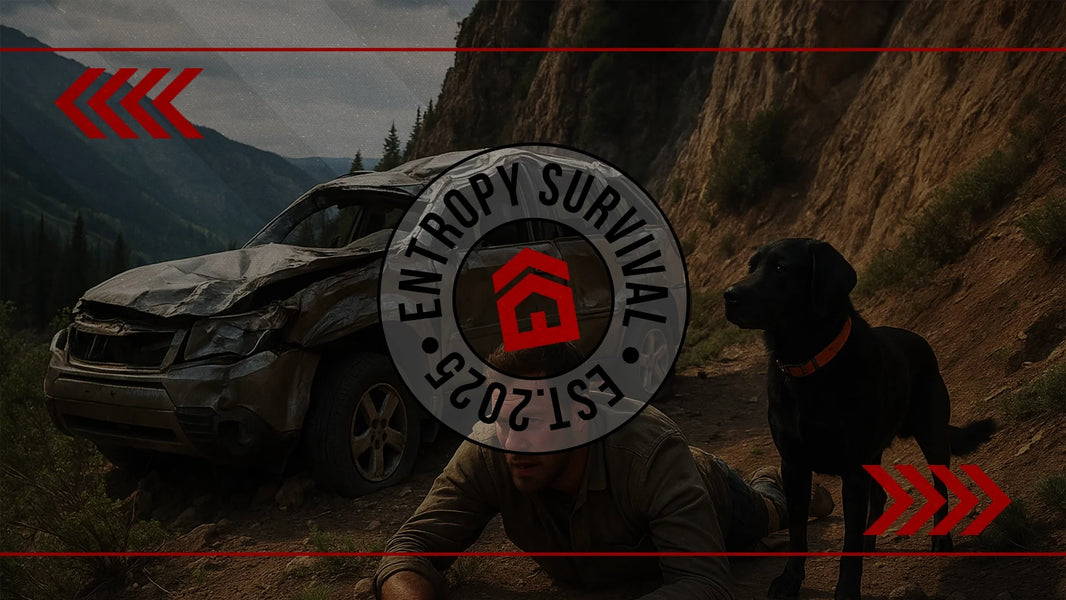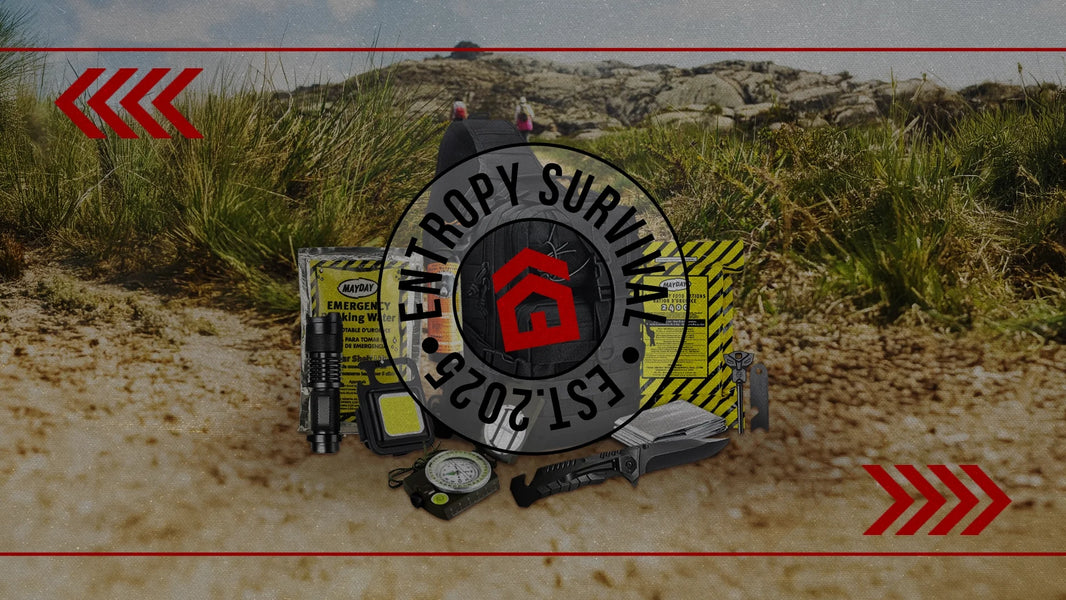Why Your Life Might Depend on This Decision
Picture this: You're three days into what should have been a simple weekend backpacking trip. The trail you've hiked dozens of times has vanished beneath six inches of unexpected snow. Your phone died yesterday. Your GPS is useless. And night is falling fast.
What happens next separates the survivors from the statistics.
In the next 24 hours, you'll either demonstrate skills that save your life, or you'll join the thousands who require emergency rescue or worse because they ventured into the wilderness unprepared for the unexpected.
The brutal truth? The wilderness doesn't care about your hiking resume or how many Bear Grylls episodes you've binged. It demands real skills, real knowledge, and real mental toughness that can only be forged through proper training.
Whether you're a weekend warrior ready to level up, a prepper building essential skills, or someone whose career takes you into remote areas, this guide will help you choose the wilderness survival course that could literally save your life.
What Separates Life-Saving Training from Weekend Entertainment
The Harsh Reality of Survival "Education"
Every year, thousands of people sign up for survival courses. Many walk away with nothing more than expensive camping stories and a false sense of security. Others emerge with skills that could save their lives and the lives of others.
What makes the difference?
The best wilderness survival courses don't just teach you to build a fire or construct a shelter. They forge something far more valuable: unshakeable confidence in your ability to adapt, overcome, and survive when everything goes wrong.
Beyond the Skill Set: Building the Survival Mindset
Here's what most people don't understand about survival training: The biggest killer in wilderness emergencies isn't exposure, dehydration, or starvation it's panic.
Quality training teaches you to transform fear into focused action, make clear decisions under extreme stress, maintain hope when everything seems hopeless, and prioritize ruthlessly when time is running out.
At Entropy Survival, we've witnessed this transformation countless times. Students arrive carrying the weight of "what if" scenarios that have kept them awake at night. They leave with the quiet confidence that comes from knowing they can handle whatever nature throws at them.
The Ripple Effect: How Survival Skills Transform Your Life
Our graduates consistently report something unexpected: The psychological tools they learned in the wilderness become their secret weapons in daily life.
That high-pressure work presentation becomes manageable when you've made life-or-death decisions with a clear head. Family crises feel more manageable because you've learned to stay calm and think solutions, not problems. Unexpected challenges transform into puzzles to solve because you've developed the mindset that sees obstacles as opportunities for growth.
The Non-Negotiable Skills That Could Save Your Life
The Rule of Threes: Your Survival Priority System
In a survival situation, time is your enemy. Understanding the Rule of Threes provides the framework that separates survivors from victims: three minutes without air, three hours without shelter in extreme conditions, three days without water, and three weeks without food.
This isn't just trivia it's your lifeline. Quality courses build their entire curriculum around these priorities.
Fire: Your Lifeline to Survival
Fire isn't just about warmth it's about hope.
A crackling fire provides life-saving heat in cold conditions, the ability to purify water, psychological comfort when fear threatens to overwhelm, signaling capability for rescue, and protection from dangerous wildlife.
But here's the catch: Most courses teach you to make fire under perfect conditions with ideal materials. Real survival happens when it's raining, you're exhausted, and everything is wet.
Quality training pushes you to create fire when your hands are numb with cold, available materials are soaked, wind threatens to extinguish your efforts, and you're mentally and physically exhausted.
Shelter: Your Fortress Against the Elements
Exposure kills faster than starvation. Your shelter isn't just a place to sleep it's your survival fortress.
Advanced shelter training covers site selection that could save your life by avoiding flood zones, cold sinks, and dangerous terrain. You'll learn insulation principles that keep you warm without modern materials, weather reading to predict changing conditions, and adaptive design using whatever materials nature provides.
Water: The 72-Hour Countdown
You have three days. Maybe less if you're already dehydrated or in hot conditions.
Comprehensive water training includes source identification in various terrains, multiple purification methods because your backup needs a backup, risk assessment of different water sources, and conservation techniques to make every drop count.
Navigation: Finding Your Way Home
GPS fails. Batteries die. Compasses break.
Real navigation skills include natural navigation using sun, stars, and terrain features, terrain association to maintain direction, route planning for emergency situations, and signaling for rescue operations.
Online vs. In-Person: Choosing Your Training Path
The Digital Dilemma
Online survival courses have exploded in popularity, and for good reason. They offer flexibility to learn at your own pace, accessibility from anywhere with internet, cost-effectiveness compared to in-person training, and comprehensive theory and foundational knowledge.
But here's what they can't give you:
The bone-deep confidence that comes from building a fire with wet wood while your hands shake from cold. The mental breakthrough when you successfully construct a shelter that actually keeps you warm. The realization that you can push through discomfort and keep thinking clearly.
The Irreplaceable Value of Hands-On Training
Survival is a contact sport. You can't learn it from your couch.
In-person training provides immediate feedback from experienced instructors, real-world conditions that test your skills, physical challenges that build mental toughness, and community connections with fellow outdoor enthusiasts.
At Entropy Survival, we've discovered the most successful approach: Students who combine online theory with hands-on practice achieve the highest skill levels and confidence.
Choosing Your Challenge Level: From Beginner to Expert
Beginner Courses: Building Your Foundation
Perfect for complete novices, nervous first-timers, or anyone who wants to test the waters, these courses typically run one to three days and focus on core survival priorities and confidence building. You'll cover basic fire, simple shelter, water procurement, and elementary navigation in a supportive environment with plenty of guidance and the satisfaction of mastering essential skills.
Intermediate Courses: Leveling Up Your Game
Designed for those with some outdoor experience ready for serious challenges, these three to seven-day courses focus on skill refinement and advanced techniques. You'll learn multiple fire methods, sophisticated shelters, advanced water procurement, and face solo challenges. Expect to be pushed out of your comfort zone, tested under pressure, and emerge with serious skills.
Advanced Courses: Forging Experts
Perfect for experienced outdoors people, potential instructors, or professionals requiring expert-level skills, these one to four-week intensive courses focus on mastery, leadership, and teaching others. You'll master all survival disciplines, experience solo time, navigate leadership scenarios, and potentially receive instructor training. This represents the most challenging experience of your life and the confidence that comes with true expertise.
Specialized Training: Tailored to Your Environment
Different environments demand different skills. Desert survival focuses on extreme heat, water scarcity, and navigation challenges. Winter survival emphasizes extreme cold, snow shelter construction, and hypothermia prevention. Maritime survival covers ocean emergencies, raft survival, and water procurement. Urban survival addresses city disasters, resource procurement, and evacuation strategies.
What Actually Happens During Your Course
Day One: Reality Check
Your first day will hit you like a cold splash of water. After safety briefings and introductions, you'll get your first taste of what survival really means.
The moment of truth: When you're handed basic materials and told to build a fire. This isn't YouTube. This is real life, and that fire represents your survival.
The Progression: Building on Success
Quality courses follow a logical progression. During days one and two, you'll master the basics under guidance. Days three and four involve applying skills with increasing independence. Day five and beyond present challenges that test everything you've learned.
Each day builds on the last, creating a web of interconnected skills that form your survival toolkit.
The Solo Challenge: Your Defining Moment
This is where transformation happens.
Near the end of intensive courses, you'll face a solo challenge, a supervised but independent demonstration of your skills. This isn't about suffering; it's about proving to yourself that you can handle whatever comes next.
The breakthrough: When you realize you're not just surviving you're thriving.
Choosing Your Instructor: Your Life in Their Hands
What Makes a Great Survival Instructor
Look beyond the resume to find instructors with diverse experience spanning military, search and rescue, or traditional skills. They should demonstrate teaching ability that adapts to different learning styles, maintain a safety focus with detailed emergency protocols, show evidence of continued learning and skill development, and display genuine passion for developing others.
Red Flags to Avoid
Run from instructors who lack comprehensive safety protocols, promise unrealistic outcomes, focus more on ego than education, have no emergency backup plans, or treat students as revenue rather than people.
The Class Size Factor
Smaller classes equal better learning
Look for an 8:1 ratio maximum for basic courses, 4:1 ratio for advanced training, individual attention for skill development, and personalized feedback for improvement.
Preparing for Success: Your Pre-Course Action Plan
Physical Preparation: Building Your Foundation
You don't need to be an athlete, but basic fitness will transform your experience.
Focus on cardiovascular endurance through hiking with a pack, functional strength for lifting, carrying, and building, flexibility for working in awkward positions, and mental toughness through challenging workouts.
Mental Preparation: Forging the Right Mindset
Start training your mind now by spending time outdoors without modern conveniences, practicing basic skills at home where mistakes are safe, reading about survival psychology to understand mental challenges, and embracing discomfort as a teacher, not an enemy.
Gear Preparation: Tools for Success
Quality gear won't make you an expert, but poor gear can ruin your experience.
Consider reliability over gadgets, proven designs over cutting-edge technology, versatility over single-purpose items, and school recommendations over marketing hype.
The Transformation: How Survival Training Changes Everything
Professional Benefits You Never Saw Coming
Survival training creates unexpected career advantages by developing leadership skills tested under pressure, problem-solving abilities honed by necessity, stress management learned through experience, and team building forged through shared challenges.
Personal Transformation: Beyond the Wilderness
Our graduates report profound changes including increased confidence in handling any challenge, better decision-making under pressure, enhanced appreciation for modern conveniences, and stronger relationships built through shared experiences.
The Ripple Effect: Inspiring Others
Survival skills are contagious.
Graduates often become family emergency leaders who others turn to in crisis, outdoor mentors who share skills with friends, community resources during disasters, and advocates for preparedness and self-reliance.
Your Next Step: Choosing Your Path Forward
Making the Investment
Quality survival training isn't cheap but neither is a life.
Consider the cost of emergency rescue operations, medical treatment for preventable injuries, lost work time from outdoor accidents, and the psychological cost of living in fear.
Compare that to the lifelong value of unshakeable confidence in your abilities, skills that could save your life, knowledge that transforms how you see challenges, and a community of like-minded people who share your values.
The Entropy Survival Difference
We don't just teach survival skills we transform lives.
Our approach combines time-tested traditional skills with modern psychology, progressive challenges that build real confidence, small class sizes for personalized attention, experienced instructors with diverse backgrounds, and ongoing support through our alumni community.
Most importantly: We understand that survival training is about more than wilderness skills. It's about building the kind of person who can handle whatever life throws at them.
Ready to Transform Your Relationship with the Wilderness?
The wilderness will test you. The question is: Will you be ready?
Every day you wait is another day you remain vulnerable to the unexpected. Every skill you fail to learn is another disadvantage when things go wrong.
But here's the good news: The path to real survival skills and unshakeable confidence starts with a single decision.
Your decision.
The wilderness may be unforgiving, but with the right training, it can also be your greatest teacher.
The only question left is: Are you ready to learn?
Make sure to check out more articles in our News & Views section. Feel free to reach out any time to see how Entropy Survival can help you prepare you and your family for any disaster or survival scenario.




